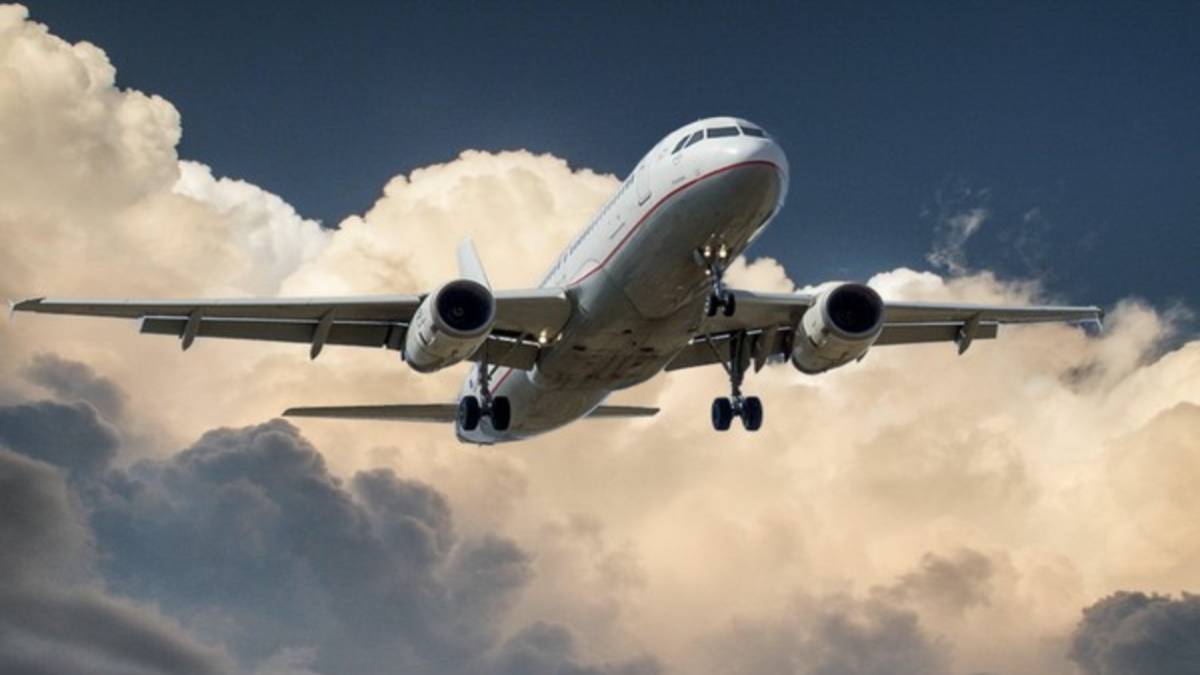Iran has reopened its airspace for domestic and international flights after a nearly three-week shutdown prompted by conflict with Israel, state-run IRNA reported on Friday.
Operations have resumed at Mehrabad and Imam Khomeini airports, as well as other major airports across the north, south, east, and west of the country. However, Isfahan and Tabriz airports will remain non-operational until necessary infrastructure is restored.
“Airports are now ready to provide full flight services, and operations are underway between 5 am and 6 pm local time,” the IRNA report added.
The airspace had been closed on June 13, following a deadly Israeli airstrike that killed top Iranian military officials. Iran retaliated by launching missiles and drones at Israeli-held territories. The situation escalated further when the US joined the conflict, striking Iranian nuclear sites including Natanz, Isfahan, and Fordow on June 22. Iran responded with an attack on the US Air Force base in Qatar, before a ceasefire was agreed upon on June 24.
Despite the ceasefire, tensions remain high. On Thursday, the US imposed fresh sanctions targeting Iranian oil exports. Among those named was Iraqi businessman Salim Ahmed Said and his UAE-based company, accused of smuggling Iranian oil by blending it with Iraqi supplies.
US Treasury Secretary Scott Bessent said, “Treasury will continue to target Tehran’s revenue sources and intensify economic pressure to disrupt the regime’s access to financial resources that fuel its destabilizing activities.”
Meanwhile, the Pentagon has assessed that Iran is now “closer to two years away” from being able to build a nuclear weapon, following the recent strikes on its nuclear facilities. Pentagon spokesperson Sean Parnell reaffirmed that Iran’s nuclear sites were “completely obliterated.”
Efforts to revive indirect nuclear negotiations between Iran and the US, previously hosted by Italy and Oman, have stalled in light of the conflict. Iran has also rejected the European Union’s latest push to resume dialogue on halting its nuclear program.
IAEA Director General Rafael Grossi recently said Iran could resume uranium enrichment within months, raising concerns of a potential nuclear revival.
As the airspace reopens, the geopolitical situation in the region remains volatile, with diplomatic efforts facing significant setbacks.





